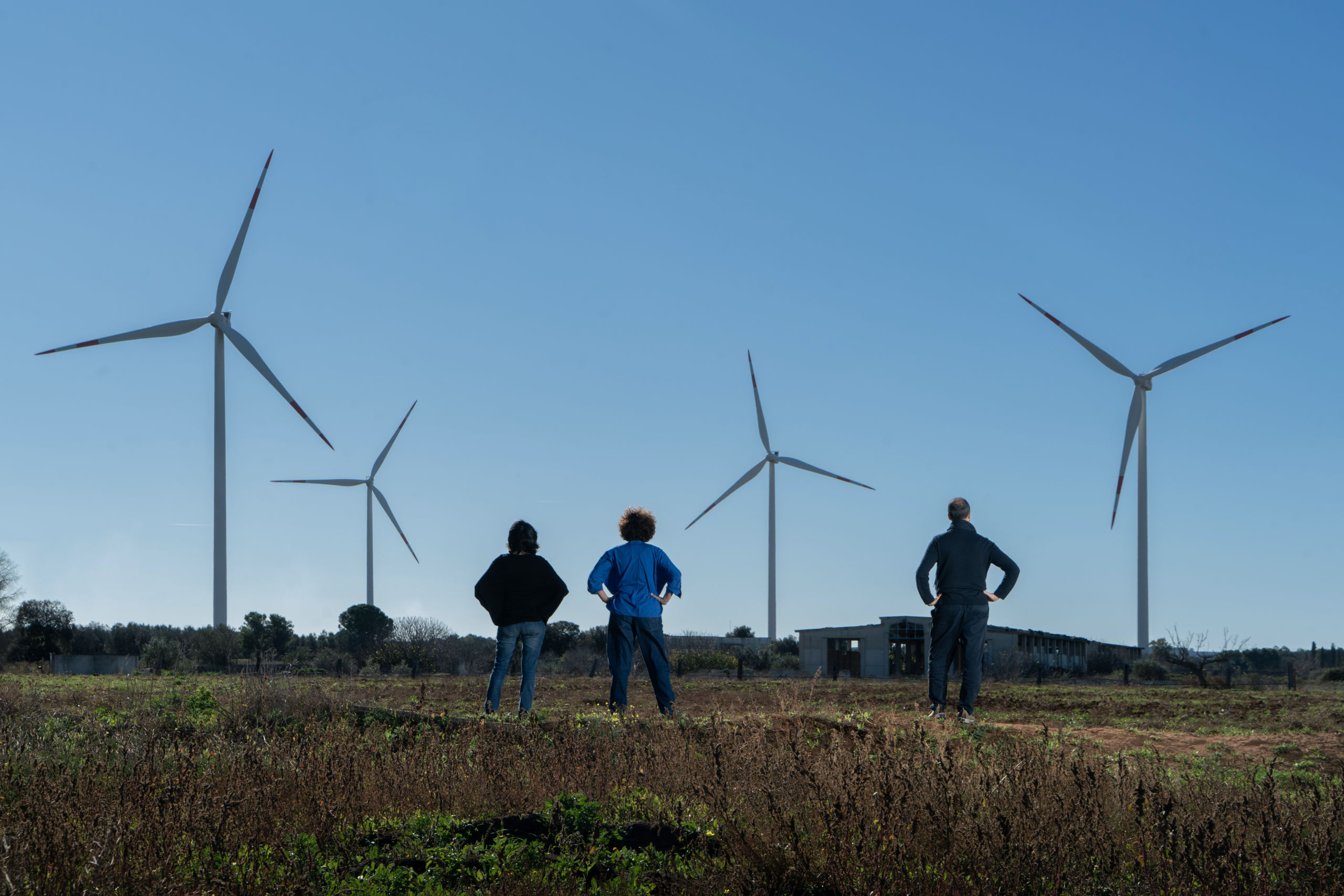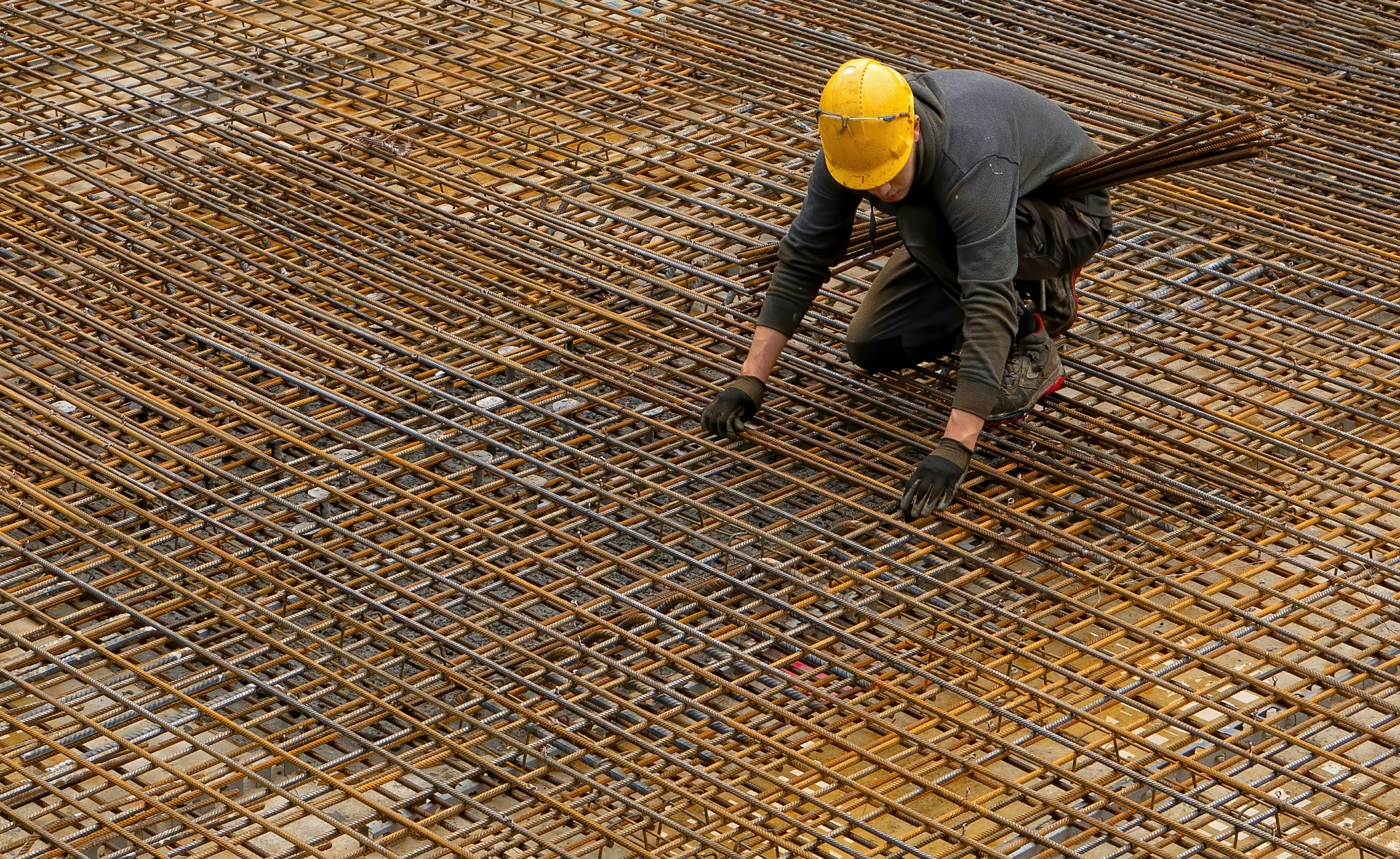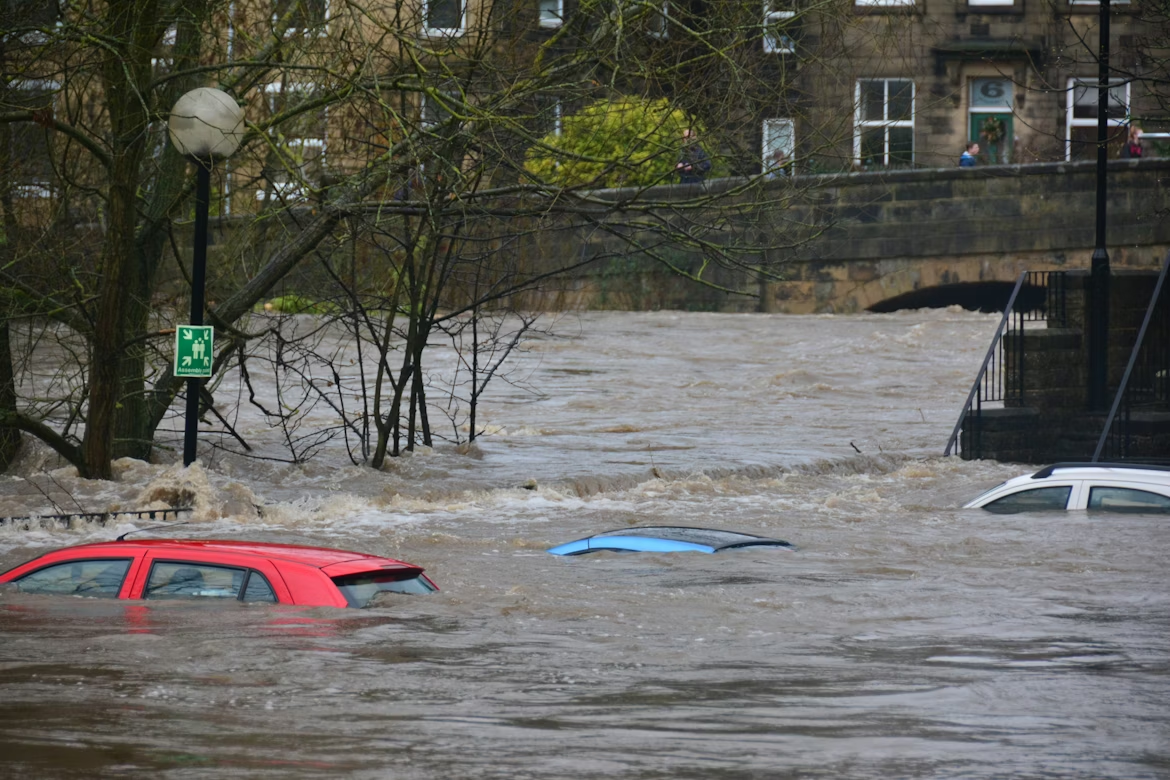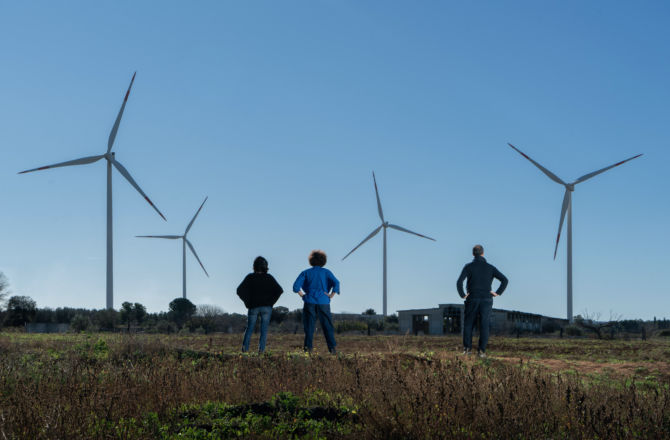Enhancing Europe’s long-term prosperity while strengthening security
Changes in global politics and economics are challenging assumptions about Europe’s economic model and sparking debate over the future of European industries. Europe must now design an industrial strategy that will help decarbonise and spur innovation in the manufacturing and heavy industry sectors, develop competitive and resilient clean tech value chains, and create a level playing field with its trading partners. This strategy will improve the continent’s resilience to shocks, provide good jobs, and support a fair transition from fossil fuels.
Our work on Europe’s industrial transformation aims to make sure that climate-friendly production technologies are embedded into broader modernisation and investment agendas. We also strive to ensure that future investment cycles are aligned with the Paris Agreement and consider the altered geopolitical landscape in Europe. To achieve this, Europe must actively support the development of innovative and resilient industrial structures, reducing dependence on costly fossil fuel imports. Key measures include direct electrification of industrial processes using a cleaner domestic power mix, prioritising energy and resource efficiency, and promoting a more circular economy. Our goal is a European economy that is more resilient, competitive, and secure in the face of evolving challenges.
Beyond Europe, we also promote new alliances based on shared strategic trade and investment interests, aiming for more diverse, resilient supply chains with stronger environmental and social safeguards.
Our industrial transformation work involves close cooperation with other sectors, from climate finance to international affairs. This includes mobilising mission-oriented finance for industrial transformation, and supporting economically vulnerable regions and just transition measures.









